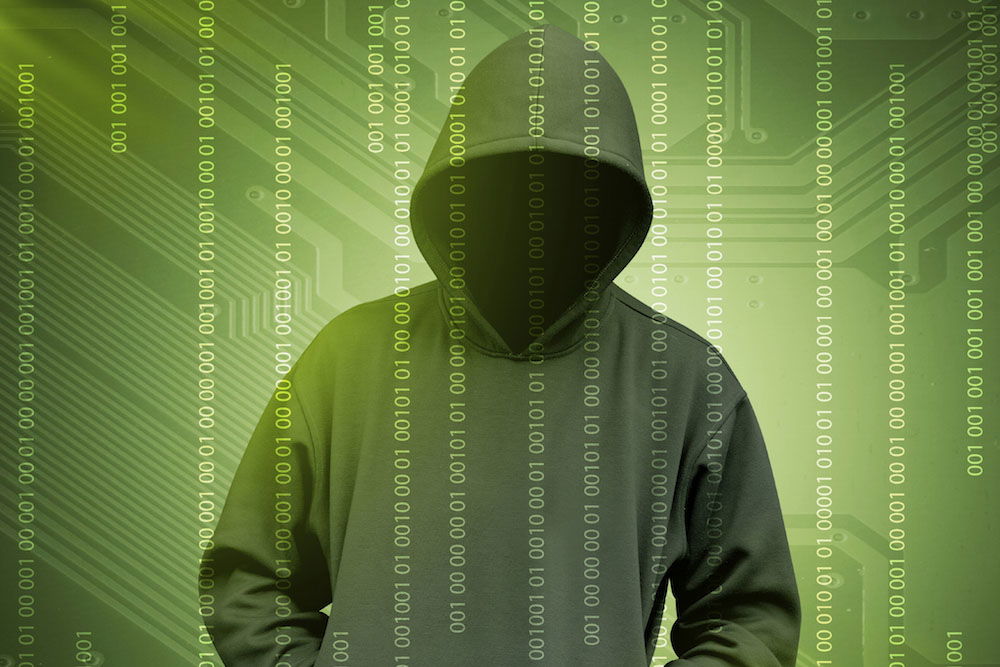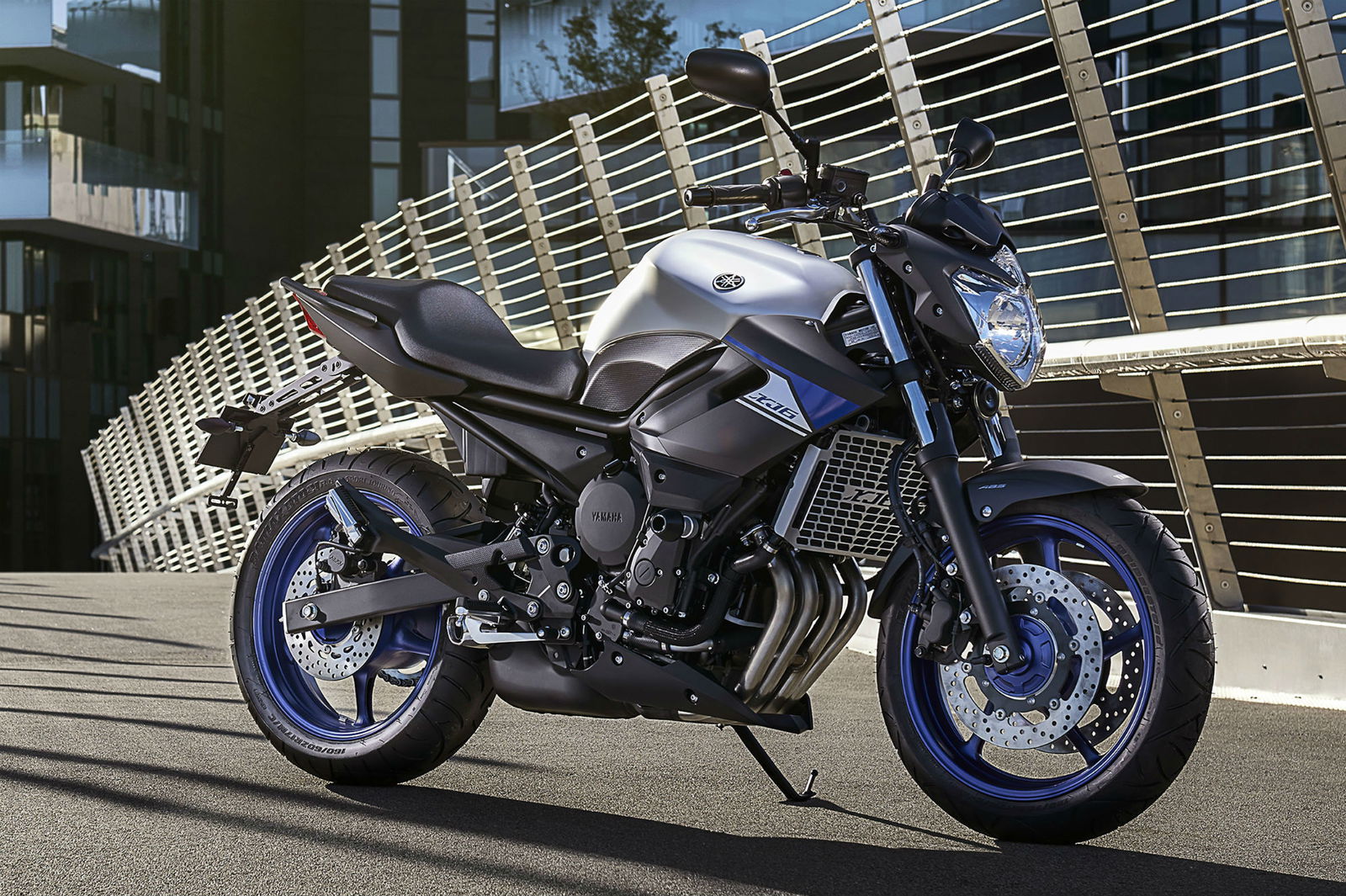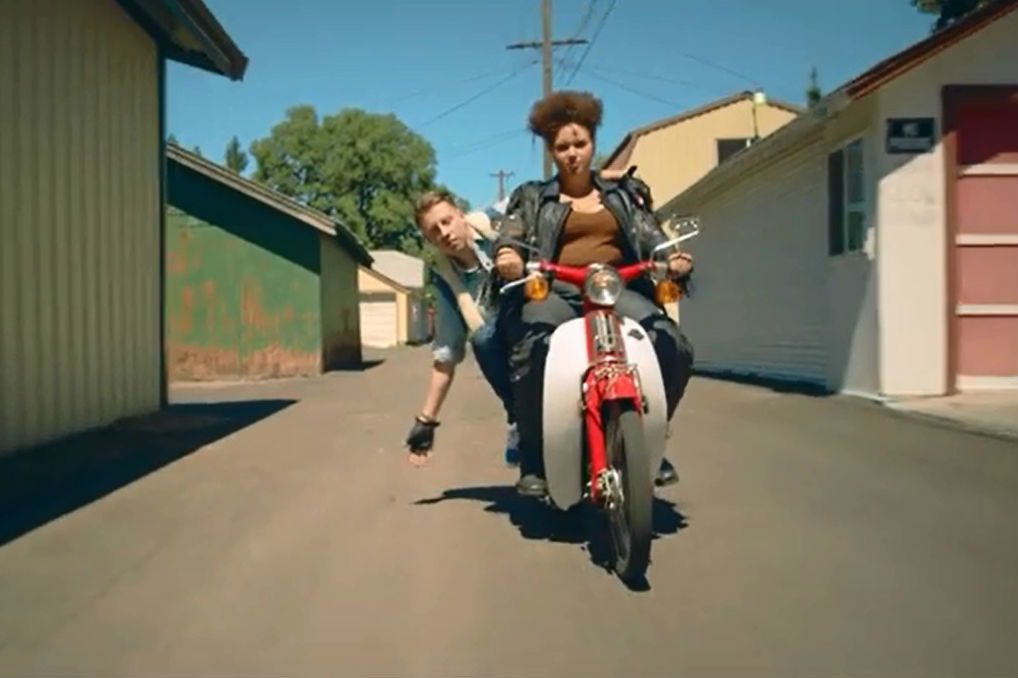Increase in scams targeting the used bike market
There's been a recent, sharp rise in scams targeting the used bike market

VEHICLE data provider My Car Check has warned that money transfer scams targeting buyers and sellers of used bikes have risen sharply in recent weeks.
Telltale signs that could indicate the involvement of conmen include:
- Bikes advertised for much less than they’re worth
- Mention of the vehicle being shipped to or from another country
- All communication conducted via email, often in broken English
We spoke to Justin Powell, manager of My Car Check’s Glasgow call centre, to find out why he thinks this is happening, and what can be done to combat it.
‘Vehicle scams involving money transfers are not new, they’ve been around for as long as we can remember. What’s changed is the frequency with which they’re cropping up. We’re seeing a marked increase in the amount of people we are speaking to that are getting suspicious contacts from people buying and selling all kinds of vehicles.
‘Predominantly these scams target buyers rather than sellers. The most popular targets are cars, motorbikes and motorhomes. The criminals are simply trying their luck by casting their net wide to see what they can pull in.’
With an increase in the amount of bogus cars and bikes being offered for sale, it’s obvious that criminals are getting some success with these scams. It seems like common sense and cautiousness should be enough to protect you from becoming a victim, but Justin disagrees.
‘You’d think it would be enough, but buying vehicles is emotive and the scammers are very good at using this to their advantage. They offer a bike for perhaps a third less than it’s worth and it looks in good condition, with low mileage – it’s got everything you’d want to see. Once they’ve hooked a potential buyer, they say that other people are interested, and if the innocent buyer wants the bike, they’ll need to pay a deposit, half the asking price, or full price to secure it. What people pay doesn’t matter to the fraudsters because any money they receive is profit.’
Justin also doesn’t believe that opportunists are perpetrating these crimes, saying, ‘The volume and complexity of these scams suggests the involvement of organised criminal gangs. I don’t think they are the work of fraudsters simply trying their luck. It’s a calculated process, like a boiler room scam with one person sourcing images, one writing the ads and another managing the contact with the potential victims.
‘In incidences where these con artists are targeting both buyers and sellers, we’ve noticed that both the vehicle ads and emails to sellers often follow a similar template. That’s not coincidental. We see the same vehicle ads regularly getting reintroduced to sites like eBay and Gumtree. That demonstrates a pattern to the way these people operate.’
So what can you do to protect yourself from buying some pictures off the internet or unwittingly giving your bike away? Because these scams tend to follow some common patterns, they can be identified if you’re vigilant. Fraudsters posing as sellers may claim they and the bike are in Europe, while offering a reasonable sounding explanation. They then try to convince the potential buyer to transfer the money on the promise of the (fictitious) vehicle being shipped to them once the funds have cleared into a holding account.
In cases where scammers are posing as buyers, they often want to electronically transfer the money, won’t come and see the bike in person and will arrange for it to be collected and shipped to them. Below is an actual email, supplied to us by My Car Check, of a scammer targeting using this method to target the seller of a Triumph.
'Thanks for your response. I'm quite satisfied with the condition and price, and I need you to understand that i am willing and ready to purchase it right away, end the advert, consider me as your favorite buyer just to close the deal and not selling to other buyer. However, I will not be able to come for inspection, all i need is your word of sincerity that it is in good condition as described online. If possible can you send me some more recent picture... I will be paying the PayPal charges (3.4%) from my account and will be paying directly into your PayPal account without any delay, and I hope you have a paypal account. If you have one already, just send me the address to send it to, which is the email address you use for it or you can send me a paypal money request, so once i receive the details i will go ahead with the payment through PayPal and then I will contact my shipping company after you get the payment. I will need your home address for it to be Picked Up by the Shipping Company.'
All the warning signs are there, and Justin says that this email is ‘is typical of the wording we see time and again. In this case, a fake or fraudulent PayPal account is “the convincer”. If the seller had gone ahead, his bike would have been collected and shortly afterwards it would have emerged that payment hadn’t been made. The bike would then have been sold to another unsuspecting victim.'
It’s difficult for the police to track down and catch these criminals. Justin tells us that, ‘The only evidence is a photo of a bike and an email address, along with some fake shipping and account details. Once the criminals have your money or your bike, they disappear into the ether.
‘We like to feel that we’re helping to disrupt this criminal activity although I think this is only going to get worse because of the amount of potential profit available to the fraudster when they’re successful.’

